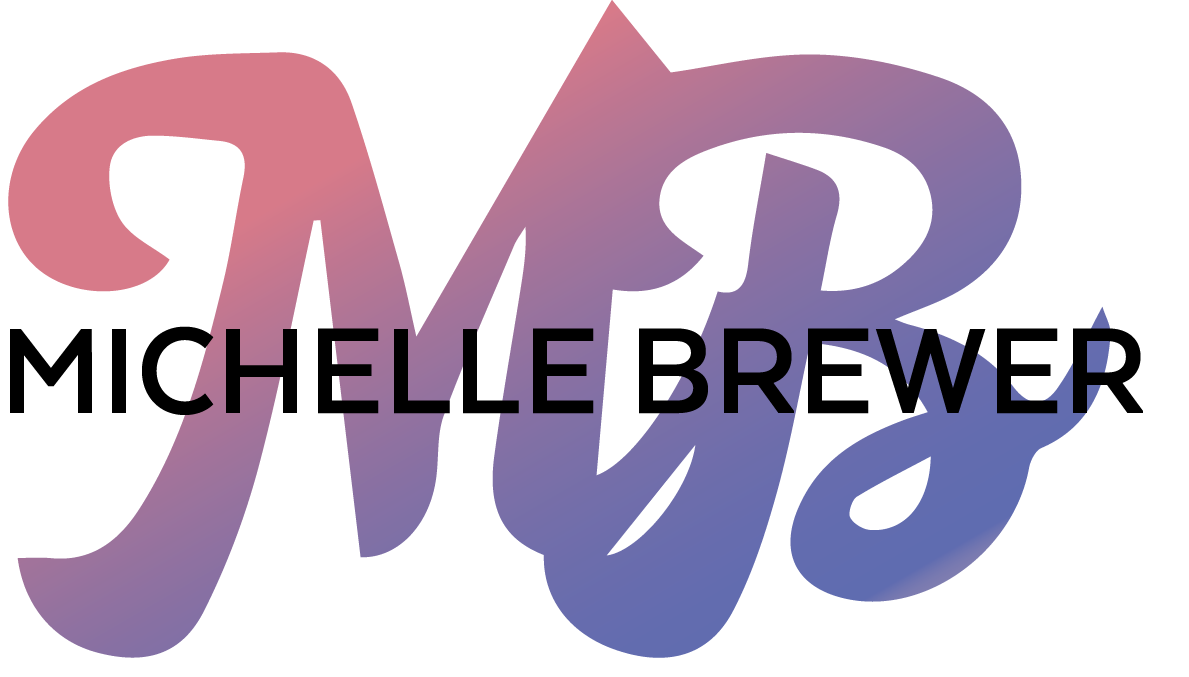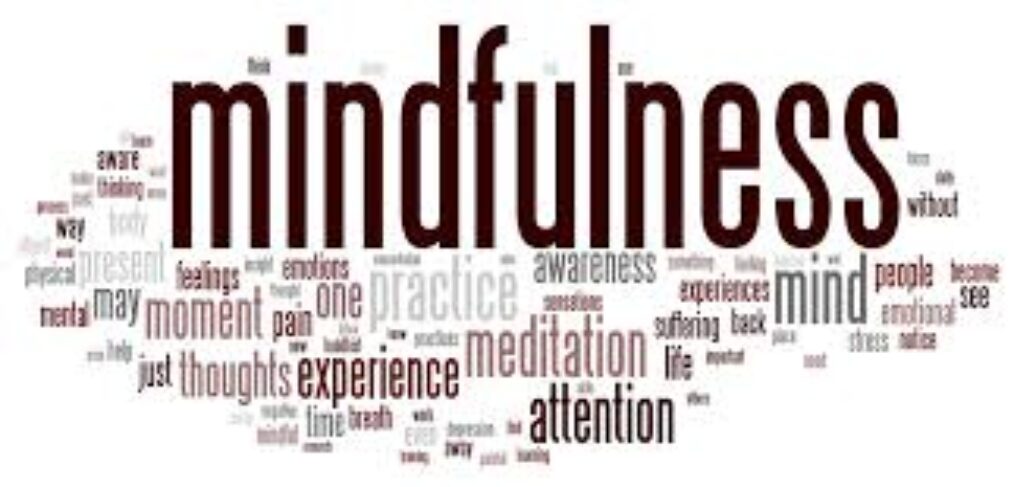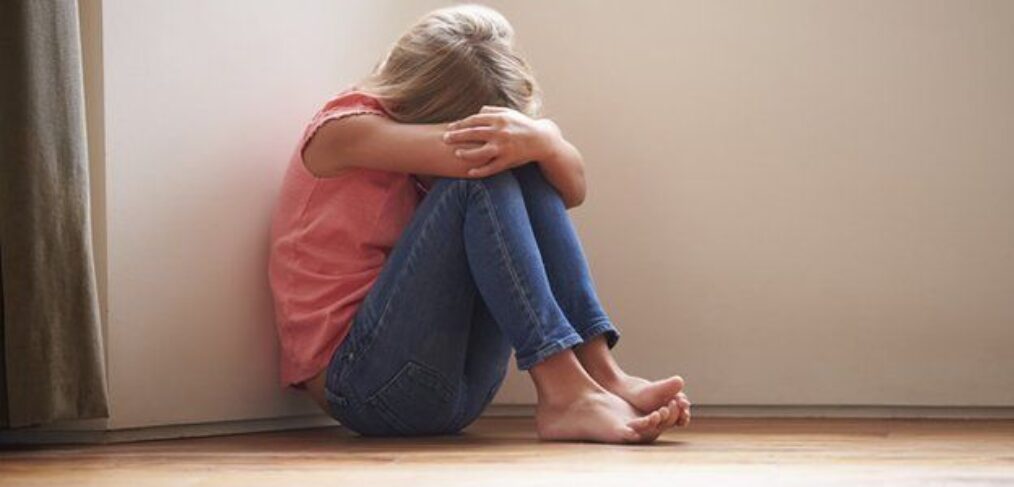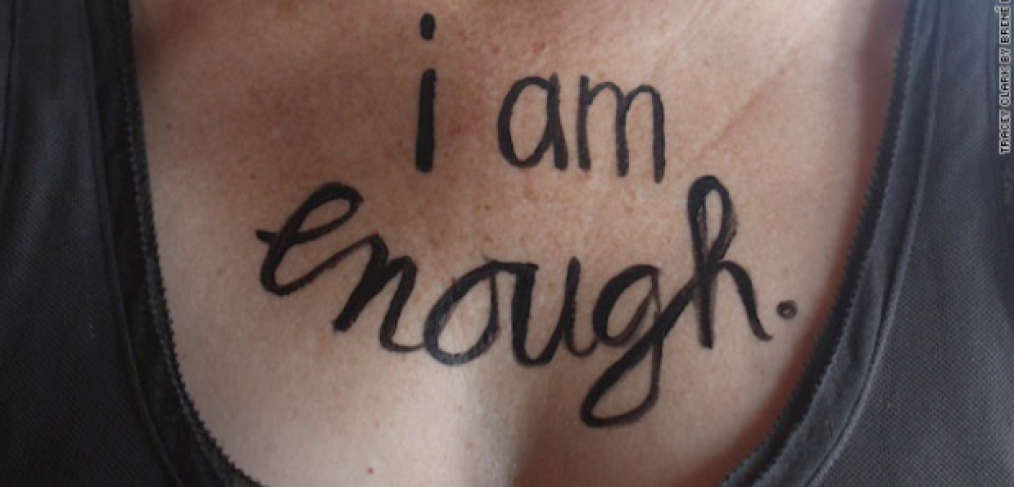My eating is like the damper pedal on the music of my soul.
I have decided to commit myself to something radical in 2016. Something radical because I want something radical in return. Liberation. I am going to blog this year about my challenging relationship to food. That is not easy for me to say.
Things happened in our past where we felt like we would not survive our feelings. So we chose to go away from the present moment by eating. Years and years of this habit make it into a truth that we don’t question.
What if the simplest thing made the greatest difference?
On what I believe to be a path of revolutionary proportions, I am often asked to explain how the relationship to food and exploring eating can be a transformative spiritual experience of immense insight and empowerment. In what I have seen, it brings you directly into contact with the emotions that are thwarting your thriving. It cuts deeper and faster than any other approach I know. With this in mind, I share a written exchange I recently had with one of my regular participants after the weekly “Daring and Sharing” call that I lead.
Hi Michelle,
Even though you said it twice on last night’s call, I still completely missed what I sense was the most important part of the call for me. It was right after your saying that when you fight the bad feelings it solidifies them. It was something about accepting them. Something like “it’s in the moment of acceptance that we………”
If you could please clarify, thanks!
Rebecca
When we mediate our self-worth through the size of our body or conformity to certain eating expectations, we are distorting and diminishing ourselves.
Do you have dreams for yourself? Do you know who you are meant to be but can’t seem to get there? How you eat can be a perfect way to see how you stop yourself from reaching your potential.
When facing challenges around mindful eating, an insight that often emerges for people is the spiritual nature of the process of exploring physical hunger and eating. When we mediate our self-worth through the size of our body or through conformity to certain eating expectations that don’t relate to our distinct and unique needs, we are distorting and diminishing ourselves. Adding insult to injury: the truly sad part is that we are doing it to ourselves. The intuitive eating guidelines–eat when you’re physically hungry, eat what your body wants you to eat, and stop as soon as the hunger goes away–call upon us to distinguish physical hunger from all the other hungers we have, and then lovingly, thoughtfully and attentively nourish all of them individually. Many of us use food to feed spiritual hungers, and then cannot figure out why it is hard to stop eating what we don’t really want to eat or when we don’t want to eat. But by feeding our physical hunger and only our physical hunger with food, we show up for ourselves. It gives us grounding that allows us both to weather what is difficult without being overcome and the sustenance to reach out in our aspirations.
There is no vitality, no growth, no fulfillment in safe. You need to keep in the front of your mind that any kind of enriching life will require risk.
Vancouver photographer Vince Hemingson gives a snapshot of a different kind.
And it will take your breath away.
Girls are being held to impossible standards of beauty, at younger and younger ages. Their sexualization is leading to low self-esteem, depression and eating disorders. How they feel about their bodies and what they are doing to them is heartbreaking. Hemingson offered this post in response to criticisms he has received on Facebook about the physical appearance of his female models.
By Vince Hemingson
In the past few days, I have had people leave comments on photographs of mine that I felt could not be ignored. And while the majority of viewers raved about the images, I was astonished that there was a vocal minority who felt that they could criticize women for being either too fit or too voluptuous. That they referenced the Holocaust and concentration camps, farm animals and beached marine mammals in their comments was beyond the pale.
How can something that feels so wrong actually be oh so right?
Why you shouldn’t always believe what you’re thinking.
Oh my God…what have I done? What was I thinking to share my ideas like that? Who am I to think I can be on a mission to spread the word about mindful eating? I am still working through eating issues myself. Who am I to think I can be a specialist in this?
This is exactly what was blaring through my head when I woke up Monday morning after two days at the amazing workshopping weekend “The Good One Hundred Experiment” for businesses and projects out of Edmonton that focus on the social and local good. Even though I loved the weekend, got amazing feedback on what I was doing with mindful eating, and met some truly fantastic people, my overall take away at that point was that I was a fool for sharing myself like I did. I was sure that the people there were thinking what a quaint little project I had but was truly out of my league, or what I loser I was for talking so openly about something that is better seen as a private and shameful issue that only belongs to weak and undeserving people. (Underscore the word shameful–more to come.) When I was thirteen and started to gain weight, I learned pretty quickly that my ‘go to’ position on my weight gain was to give the world the impression that it did not matter to me…in spite of all the pain I was feeling inside. That way, people wouldn’t be able to use it against me. Now, here I was some thirty years later telling a room full of participants that it was my issue, and it meant the world to me. I felt naked.






